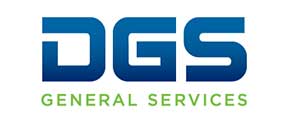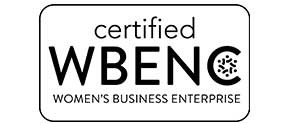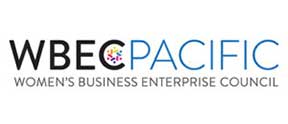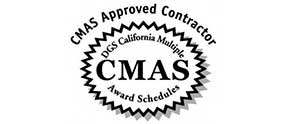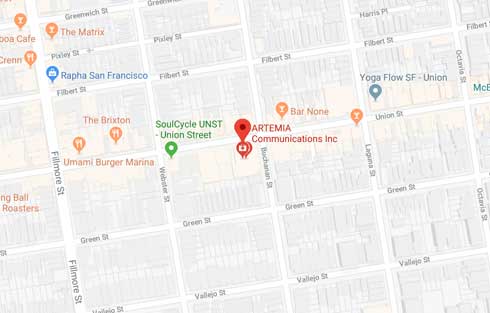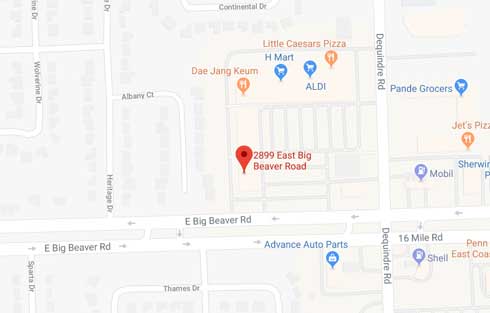BLOG CATEGORIES
SUBSCRIBE
FOR LATEST UPDATES
Sign up for our monthly newsletter with our latest offers,hot blogs and much more !


JOIN US
FOR CALL
Lets chat via skype to discuss your questions concerns, and project needs
TRENDING NOW
The Pros and Cons of Smart Grid Technology
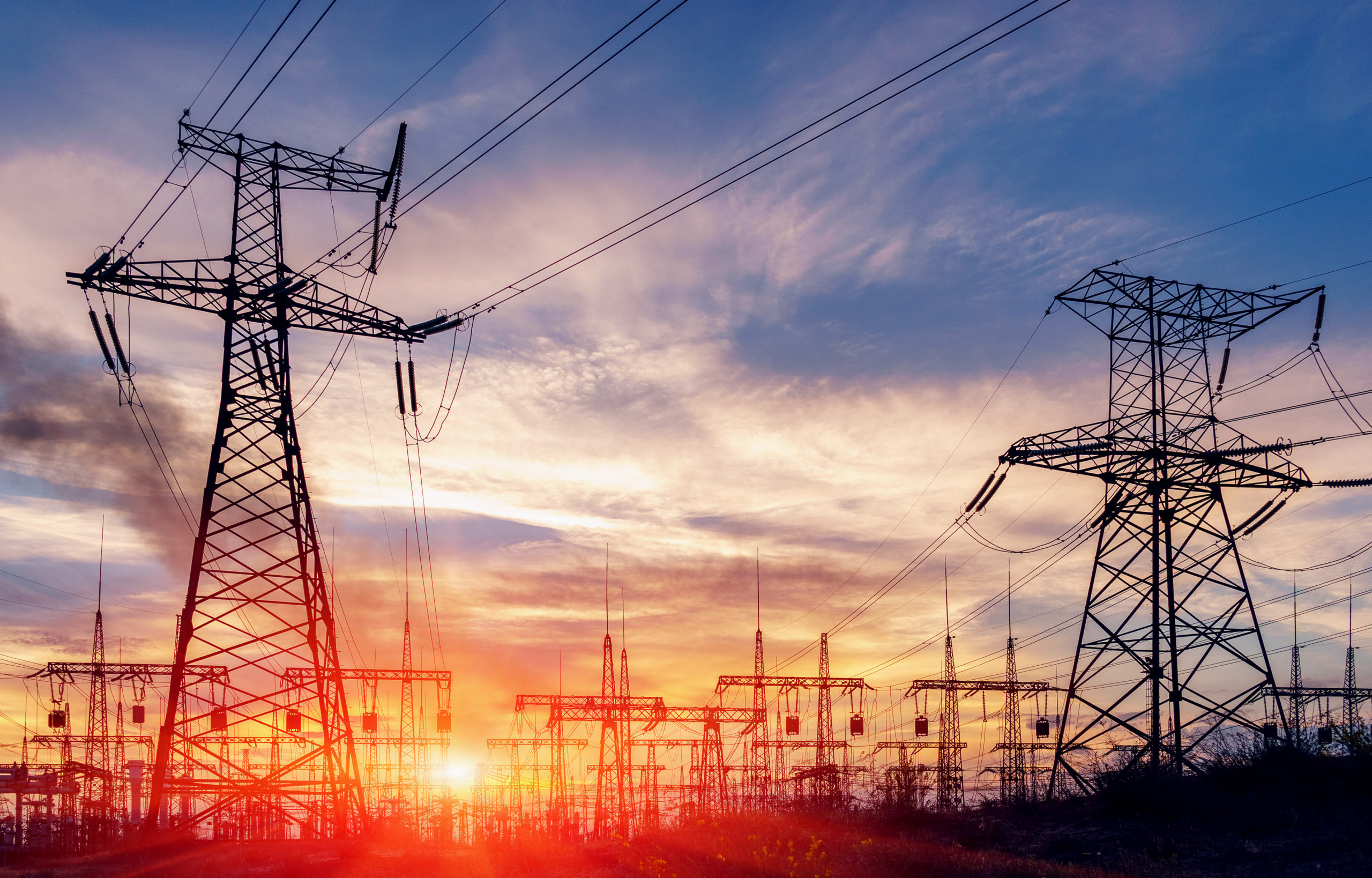
The regular use of electricity has been a part of our daily lives as a society for more than a century. With even more new technology being introduced, we are on a path to even more and more daily energy usage. Even though technology has greatly advanced over the past several decades, advancements with the US electrical grid are lacking. This outdated grid system has led to many inefficiencies in the distribution of resources and has resulted in people trying to find solutions. One of them is “smart grid” technology.
What is a smart grid?
A smart grid is an electrical grid that uses “two-way” communication, allowing consumers and producers of electricity to track data and usage while also incorporating new technologies. The term was first defined in the Energy Independence and Security Act of 2007. Few developments occurred in the early years, however, recently the government has begun to incentivize investments into the technology. According to electrical engineers at UC Riverside, the Department of Energy proposed an investment of $3.5 billion from 2016-2026 to improve smart grid technology.
The Pros
Currently, blackouts have a domino effect where security, traffic, communication, and heating systems are impacted. One of the main advantages of a smart grid system is that power can be automatically rerouted to electrical systems that are most needed, thus leading to minimizing outages and their effects. A smart grid system could help prevent winter crises like seen on the Gulf Coast in February of 2021.
Additionally, a smart grid system can help limit inefficiencies found in the current grid system by allowing for more automatic processes and user controls. A smart grid can help monitor usage trends and help turn off or cut electricity to devices that should not be using it at that time. The technology will allow individual consumers to monitor their use and cut down on their own electricity costs, thus saving them money.
Furthermore, a smart grid system makes it much easier to incorporate more renewable energy resources. It would shift the focus away from larger power plants to smaller energy resources, like turbines and hydroelectric sources, thus cutting down on energy consumption.
The Cons
Although smart grids have many positive impacts and can help in many ways, there are also drawbacks to instituting such a system. One of the major drawbacks is that the overhead costs of a smart grid are extremely expensive and time-consuming, which would increase labor costs; however, this new market for smart grids can lead to a whole new market for electricity, thus creating many jobs.
Another disadvantage of a smart grid system is the presence of continuous data usage, which some claim is a violation of privacy standards. People are worried that the data could be used by law enforcement, or be tracked by the government and corporations. This usage of an internet-based system could also lead to security issues due to hacks or other malware attacks. These are some of the problems that are being revealed as more and more smart grid technology is being installed.
In Conclusion
The advantages of smart grid technology clearly outweigh the disadvantages, especially if this technology can stay on top of these challenges. It is inevitable that more of this tech will installed to address growing problems with electricity use and the outdated grid system, and we should embrace these changes because of the positive impact that they will bring.
Read More:
Why the discussion about sustainable cryptocurrency mining matters
The importance of corporate water efficiency
Make sure your company is prepared for droughts
You can get the latest blogs, podcast episodes and other news straight in your inbox. Please fill out the form below to subscribe to our newsletter.
see more...

Female business owner? Here...
In this series we will be exploring the various types of business certificatio...
LEARN MORE
CES 2021: Some of our favor...
CES has a special place in our hearts because we’ve helped founders and exec...
LEARN MORE
